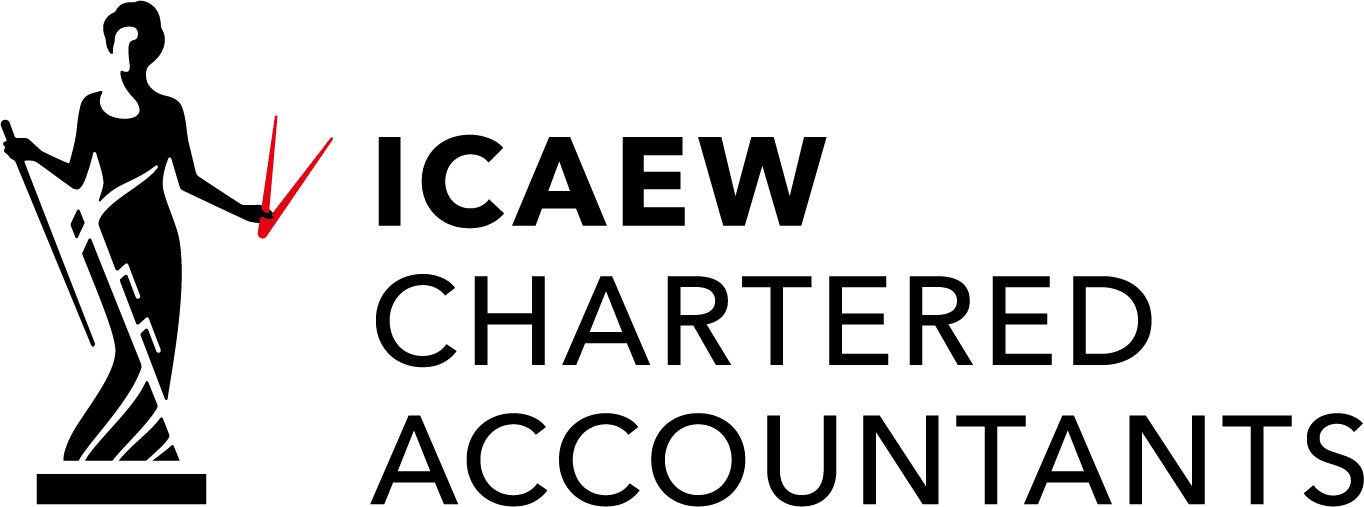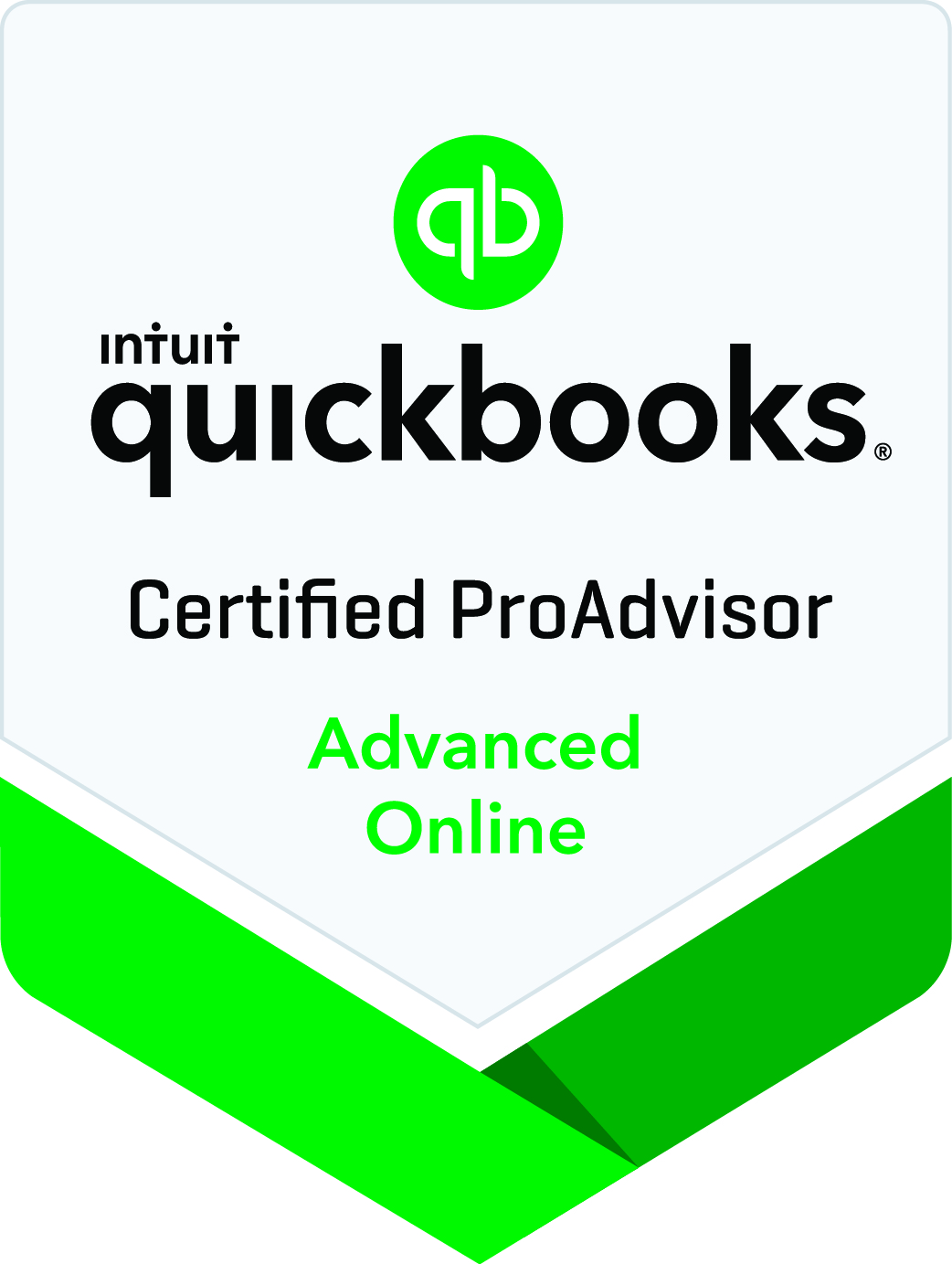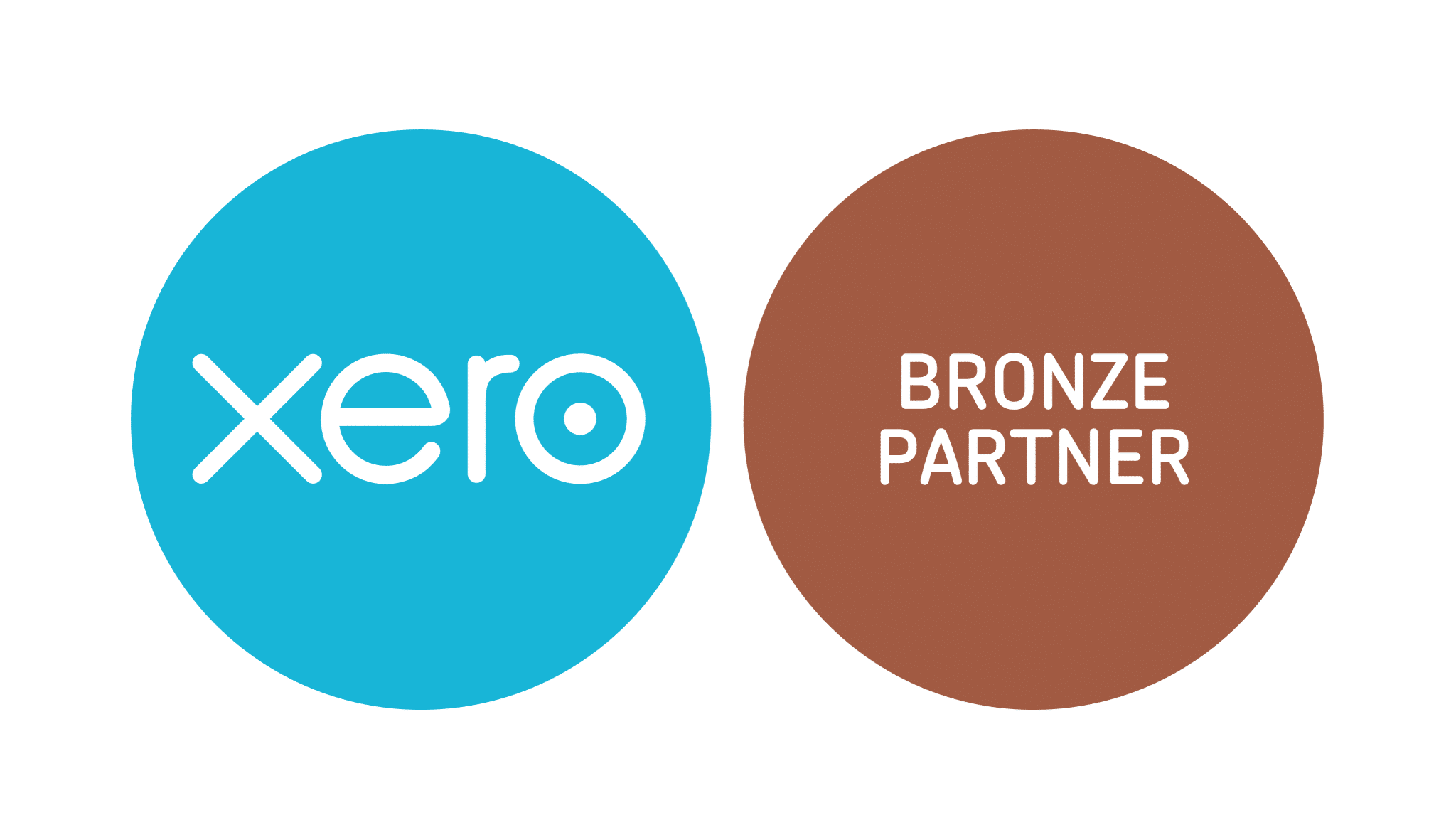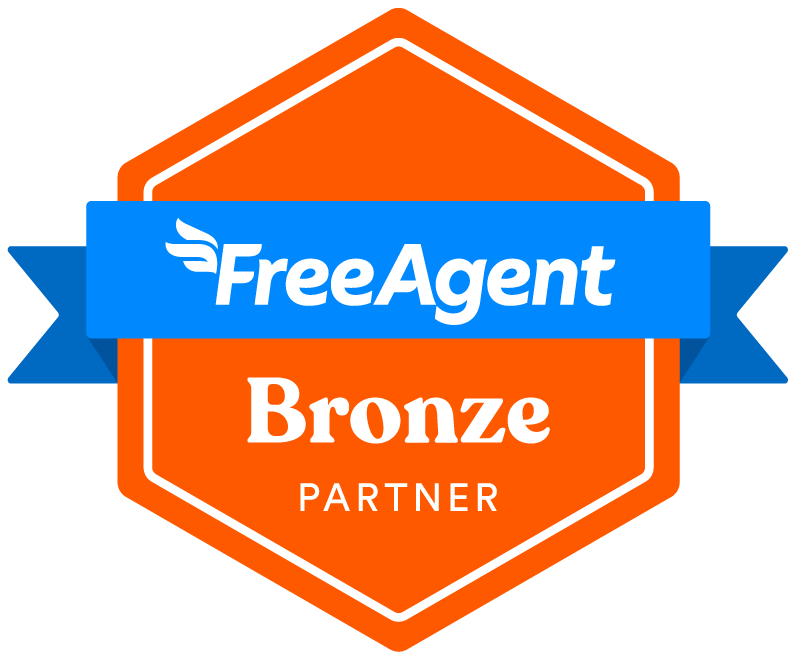Do I need to complete a self assessment for 2024-25?
A self assessment or personal tax return will most likely be required for the 2024-25 tax year in the following circumstances:
- You were self-employed as a ‘sole trader’ and earned more than £1,000 before taking into account any expenses
- You were a partner in a business partnership
- You were a director of a limited company that paid you dividends
- You made net profits of £2,500 or more from renting out property OR received gross rent of £10,000 or more
- You received income of £10,000 or more from savings or investments
- You received income from outside the UK (including pensions)
- Your income was £60,000 or more and you or your partner received child benefit
- You have capital gains from the sale of assets such as property or shares
There are also other situations in which a self assessment may need to be completed but these tend to be the most common reasons.
If one of the above applied to you for the first time during the 2024-25 tax year (i.e., from 6 April 2024 to 5 April 2025) then you must notify HMRC of the need to complete a self assessment as soon as possible and by 5 October 2025 at the latest. This can be done on HMRC’s website here.
HMRC will then send you a tax return to complete which will be due by 31 January 2026, along with any tax liability. Any delays in registering for self assessment, completing the self assessment or paying the tax due could result in penalties and interest.
If you receive a request to complete a tax return for 2024-25 from HMRC and don’t believe that you need to complete one, it is important to notify them as soon as possible on 0300 200 3310 to avoid incurring penalties after the deadline passes on 31 January 2026.
Self Employment
If you were self-employed you must declare the income and expenses from your business on a tax return so that HMRC know how much tax and class 4 national insurance to collect from you. Any income tax and national insurance due must be paid by 31 January following the end of the tax year. HMRC will also require a ‘payment on account’ which is an estimate of the tax liability for the current tax year and is based on the most recent tax return. Payments on account are required to be paid twice a year on 31 January and 31 July.
Company Directors
If you were the director of a limited company and received salary and/or dividends from the company, then you will most likely need to complete a self assessment to disclose that income, along with any income earned from other sources.
Savings, Investment and Property Income
If the majority of your income was taxed at source under PAYE then you may be able to pay any additional tax due on income from savings, investments and/or property via your PAYE code rather than having to complete a self assessment. However, if the income from these sources exceeds the following thresholds then you must complete a self assessment:
- £10,000 or more from taxed savings or investments
- £2,500 or more net profits OR £10,000 or more gross rent received from from renting out property
High Income Child Benefit Tax Charge
If you or your partner earned £60,000 or more and were in receipt of child benefit then the high income child benefit tax charge will apply to you. If you earned between £60,000 and £80,000 then a proportion of the child benefit charge received during the tax year will need to be repaid via a self assessment. If you earned £80,000 or more then all of the child benefit must be repaid.





